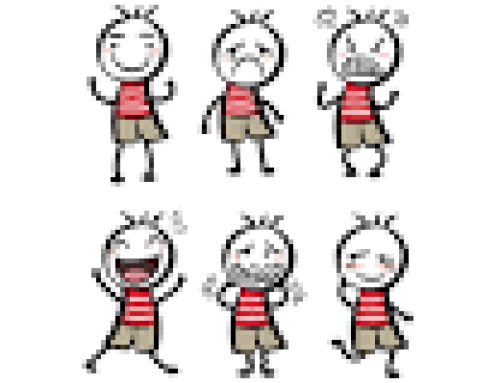Author: Alexa Rabin, Psy.D. and Lea Zweig, Psy.D.
 Discipline is about setting rules to guide behavior. It is a way to teach your child what is safe and appropriate. It is about guiding your children so they learn to manage their emotions, impulses, and behaviors. Discipline is also about following through on consequences when your kiddo breaks the rules. Throughout their lives, children will grow through different stages of development. Understanding what developmental goals your children are working towards at each stage will make their more frustrating behaviors easier to deal with and allow you to take things less personally.
Discipline is about setting rules to guide behavior. It is a way to teach your child what is safe and appropriate. It is about guiding your children so they learn to manage their emotions, impulses, and behaviors. Discipline is also about following through on consequences when your kiddo breaks the rules. Throughout their lives, children will grow through different stages of development. Understanding what developmental goals your children are working towards at each stage will make their more frustrating behaviors easier to deal with and allow you to take things less personally.
Generally, as a parent it is important to be consistent with your parenting style. If you create a rule, then you must enforce it every time with an appropriate response. Harsh punishment (screaming, hitting) has been found to be ineffective in shaping long-term behaviors, as it can be detrimental to your child’s development as they mature into a healthy adult. Although each child has their own unique requirements, children in general respond well when their parents are warm and nurturing, yet firm and predictable. When you are implementing discipline, it is important to remember to try to stay calm. Tone conveys a lot of information. If you escalate, you give them permission to escalate. If you deliver information in a highly emotional manner, the message you are trying to convey can get lost because your children will pay attention to the emotion and won’t hear what you are saying. If you get to a point where you are extremely exasperated, you may need to take a time-out yourself or reach out for help. You may turn to your partner, a friend, or a professional therapist or psychologist if you require extra support during specific developmental stages with your child.
Remember that children need concrete rules, and they need to understand what it is expected of them. You can do this by creating structure and consistency in your expectations. As children grow up, they become better able to talk about their emotions and express themselves in healthy positive manners. When they are young, they do not have these skills, which leads to frustration exhibited through melt downs and tantrums. The human brain does not fully develop until a person is in their early 20s, which can explain why sometimes children are impulsive, do not consider consequences, and choose not to follow the rules. Some need to learn by taking risks and experiencing the associated consequences. Be mindful not to get into a power struggle and choose your battles. If you are having trouble guiding your child, talking to your child about their emotions, and/ or implementing discipline that works for your child, then it might be useful to reach out to a child psychologist in San Diego for strategies and support.





Leave A Comment